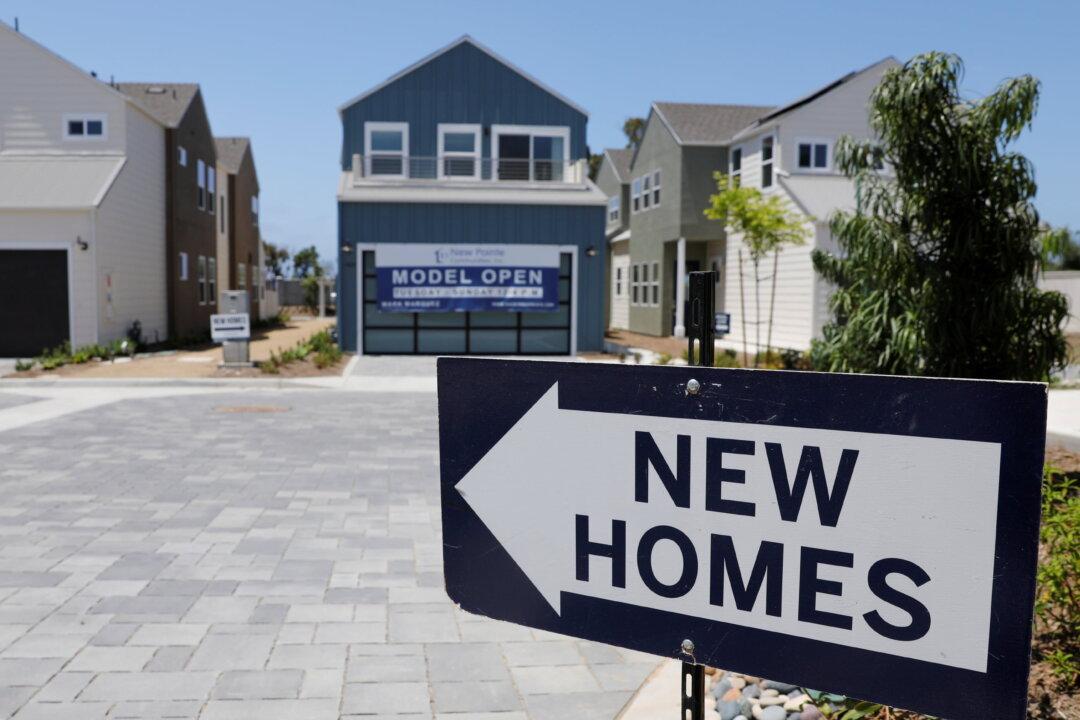The average interest rate on the most popular U.S. home loan rose to its highest level since June 2009 last week and demand for mortgages ebbed as the impact of rising costs began to bite, Mortgage Bankers Association (MBA) data showed on Wednesday.
The average contract rate on a 30-year fixed-rate mortgage increased to 5.37 percent in the week ended April 22 from 5.20 percent a week earlier, the MBA survey showed.





